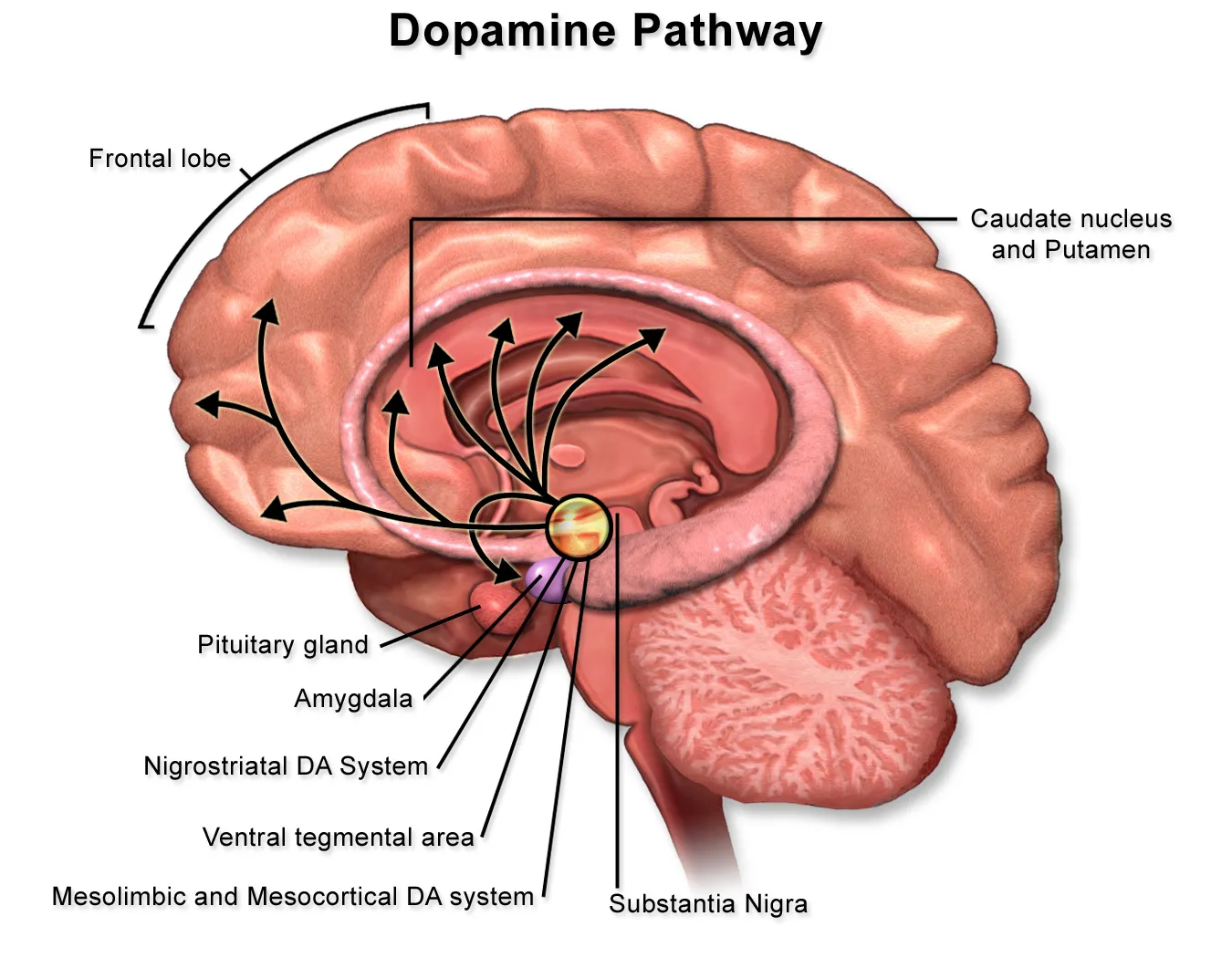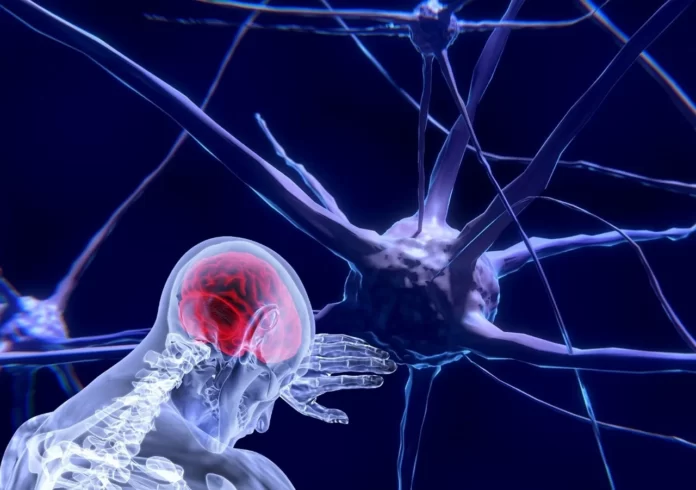Addiction is a disease, not a moral deficiency or a decision. It’s a complicated issue with genetic predispositions, behavioral or emotional triggers and potential barriers to recovery.
However, addiction treatment is quite successful and frequently includes both medication and behavior change. Substance abuse has historically received incorrect treatment, treating it like a behaviorally-centered, acute illness.
Addiction, according to the National Association of Addiction Treatment Providers, is acknowledged as a persistent ailment. It affects the brain and has social and psychological aspects. It is important to understand that addiction is a serious condition that requires care and attention.
Addiction is a brain illness that is chronic and recurring, defined by an obsessive need to consume drugs despite negative effects. Medication and behavior modification are common forms of treatment.
Know What Addiction Is Not
Addiction is not a behavioral issue. It is a complex and chronic brain disease that goes beyond mere willpower and good intentions.
It involves changes in the brain’s reward system. Therefore, it leads to impairing an individual’s ability to control substance use. The addicted person thus starts showing compulsive drug-seeking behaviors.
This understanding is supported by scientific research and has significant implications for treatment approaches and societal attitudes towards those struggling with addiction.
Initially, a person may make a willful decision to engage in the behavior. As time passes, the use of a substance results in alterations in the brain that hinder an addicted person’s capacity to refrain from it. This overwhelming compulsion continues to get worse with drug use.
Understanding The Neuroscience Of Substance Use
Chemicals known as drugs cause euphoria. This interferes with the standard communication of the brain. It alters how neurons send, receive, and process signals.
Here are the ways substances affect the brain:
- It Mimics The Natural Neurotransmitters
Marijuana and heroin are drugs that mimic natural neurotransmitters in the brain, leading to the activation of nerve cells. Therefore, these drugs attach to and activate neurons, causing them to send an exaggerated or distorted message to the central nervous system.
- It Disrupts The Chemical Systems In The Brain Circuits
When someone has a substance use disorder (SUD), it can cause changes in the brain’s circuits and chemical systems. These systems control:
- Learning.
- Memory.
- Judgment.
- Behavior.
- Stress.
- Decision-making.
People who use drugs or alcohol excessively often overlook the harmful effects of these behavioral changes. However, despite understanding the consequences, SUD can make it difficult for people to make positive choices.
- It Disrupts The Brain’s Reward System

Drugs like methamphetamine and cocaine can cause the brain to release too much dopamine. Consequently, this chemical messenger affects the brain’s reward system. Moreover, it strengthens the link between drug use, the resulting pleasure, and the environmental cues associated with it.
Therefore, the brain is taught to prioritize drug-seeking behavior due to the large amount of dopamine released. This ultimately interferes with pursuing other healthy goals and activities.
Addiction And The Risks
Individuals with insufficient dopamine receptors, a neurotransmitter that regulates pleasure, are often predisposed to drug use. The brain’s dopamine receptors become desensitized and reduced due to prolonged exposure to drugs. This, in turn, results in a strong urge to use drugs.
Additionally, genetics and learned behaviors contribute to addiction. Even individuals with a low risk of addiction can become highly susceptible to it after drug exposure. The plasticity of the brain allows it to recover from drug use by abstaining and engaging in rehabilitation programs. Nevertheless, drug-related experiences can still provoke urges even after cessation.
Therefore, overcoming this requires individuals to recondition their response to such experiences and cravings. One must reverse the association between these cues and the urge.
Who Gets Addicted And Who Does Not?

Addiction is a multifaceted disease that occurs in individuals based on their unique circumstances. Genetics, including family history and epigenetics, account for 40-60% of the likelihood of developing addiction.
Moreover, the risk of addiction is also increased by behavioral health disorders such as anxiety or depression. Environmental factors, such as the following, also increase the risk of developing a substance use disorder:
- Exposure to traumatic experiences
- Peer pressure.
- Community.
- Physical and sexual abuse.
- Early exposure to drugs.
- Stress.
- Lack of parental guidance.
Therefore, it is important to note that substance use alone does not cause addiction.
Treating Addiction And Getting Better
Resisting long-term drug cravings poses a formidable challenge. However, preventing any experiences that might trigger these cravings is essential. This would often involve creating new relationships and seeking support from individuals who have successfully transformed their lives.
By adopting these practices, drug addicts can overcome their cravings and lead a healthy and fulfilling life.

